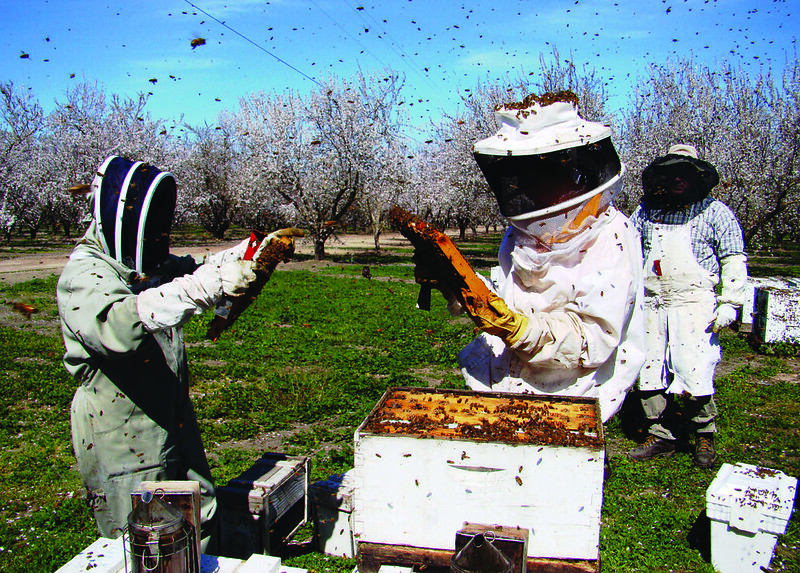Bees Aiding Food Security in Tonga
 Tonga is a Polynesian island nation vulnerable to natural disasters. Out of Tonga’s population of just more than 100,000, nearly 60% struggle to access affordable and nutritious food. Cyclones, volcanic eruptions and rising sea levels frequently disrupt local agriculture, leaving families without reliable food sources.
Tonga is a Polynesian island nation vulnerable to natural disasters. Out of Tonga’s population of just more than 100,000, nearly 60% struggle to access affordable and nutritious food. Cyclones, volcanic eruptions and rising sea levels frequently disrupt local agriculture, leaving families without reliable food sources.
To address this challenge, the OHAI Tonga Honeybee Food Security Project, founded by Uili Lousi, introduced a surprising yet impactful solution—beekeeping. Beekeeping strengthens Tonga’s food systems by improving crop yields through pollination. Crops pollinated by bees produce up to 60% more food than those without pollinators. As a result, farmers in Tonga have started integrating beekeeping into agricultural practices to stabilize food production and protect livelihoods from environmental shocks.
Empowering Communities Through Bee Training
OHAI launched beekeeper training programs across the islands to build a skilled workforce capable of maintaining and protecting hives year-round. These programs aim to reduce Tonga’s dependence on food imports and help farmers recover quickly after disasters. Alongside crop benefits, bees produce honey and wax, creating new opportunities for trade and income generation. In 2024, beekeeping helped communities maintain food security during the first few quarters of the year, despite the region’s exposure to multiple climate shocks. Farmers and families who participated in bee training reported stronger crop resilience and greater food availability.
Growing Support Through Local Organizations
Two key organizations lead the country’s beekeeping initiatives. OHAI continues to educate the public on the role of pollinators and sustainable food systems. Meanwhile, the Beekeepers’ Association of Tonga (BATI) trains more local beekeepers and strengthens the island’s growing bee population. BATI focuses on long-term growth by preparing beekeepers to work through every season and weather pattern. These organizations also help residents design bee-friendly gardens and farms, which increase pollination and improve nutrition for households facing poverty. International organizations such as Volunteer Service Abroad (VSA) and Climate Reality have also supported Tonga’s beekeeping movement by offering training resources, tools and awareness campaigns.
Improving Nutrition and Stability
By early 2024, Tonga’s food security showed promising signs of stability for the first few quarters, despite ongoing environmental threats. Reports from the World Food Programme (WFP) confirmed that targeted local initiatives—including beekeeping—helped maintain steady food access. These programs directly address poor nutrition and reduce the island’s dependence on imported food. Through training and outreach, OHAI and BATI teach beekeepers how to protect hives from extreme weather and disease. These ongoing efforts keep bee populations strong and ensure that farmers can rely on them through future storms or droughts.
Looking Ahead
The beekeeping movement offers more than just food security in Tonga—it represents a path toward long-term resilience. As climate-related challenges continue to threaten agriculture and livelihoods, locally driven initiatives like those led by OHAI and BATI demonstrate the value of empowering communities with sustainable tools. By expanding beekeeper training, strengthening hive protection and increasing awareness of pollinators’ role in food systems, Tonga could continue building a more self-sufficient future. With each hive, the country moves closer to securing its food supply, improving livelihoods and fostering environmental stewardship for generations to come.
– Anastasia Flerchinger
Anastasia is based in Richland, WA, USA and focuses on Good News and Politics for The Borgen Project.
Photo: Flickr
